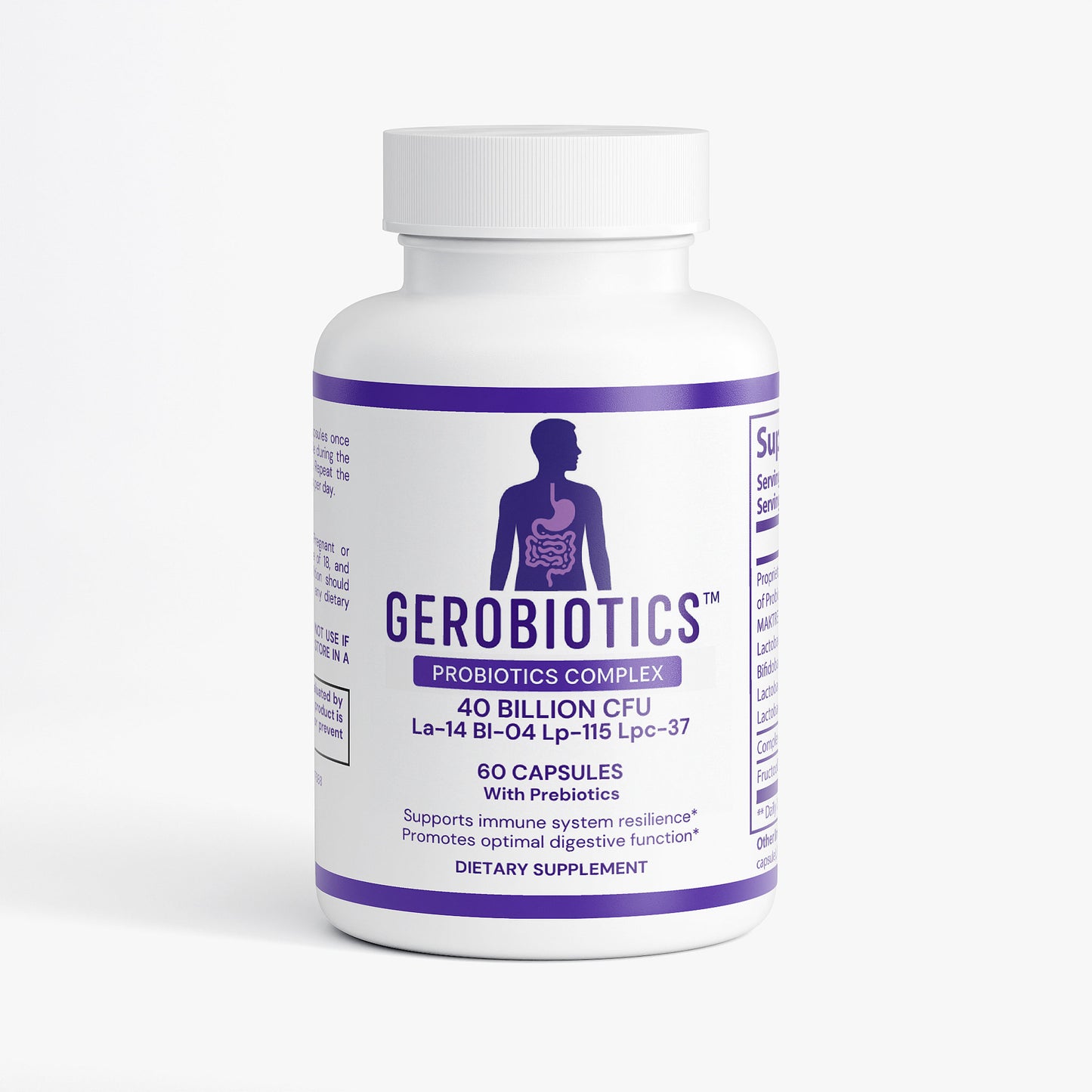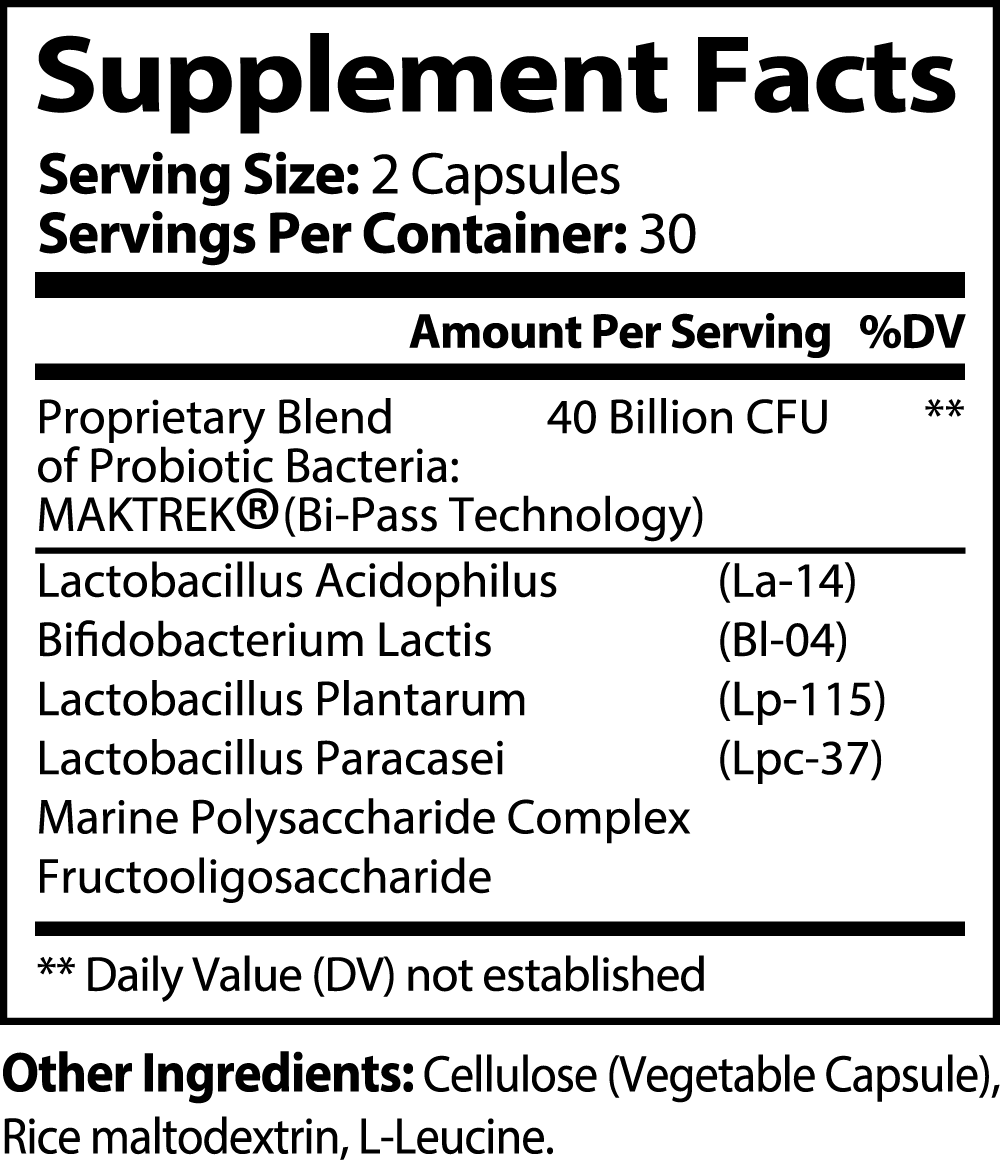Emerging research highlights the connection between the gut and brain, known as the gut-brain axis. This two-way communication network is associated with mood, cognition, and overall well-being. Understanding this link provides insights into how gut balance may be connected with everyday wellness.
Understanding the Gut-Brain Axis
The gut-brain axis refers to the communication between the gut and the brain, supported by several pathways.
Primary Pathways of Communication:
Neural Pathways: The vagus nerve is one of the key routes through which the gut and brain communicate, carrying signals both ways.
Chemical Signals: Neurotransmitters such as serotonin are produced in the gut and are also present in the brain, where they play roles in signaling. It’s estimated that much of the body’s serotonin is located in the digestive tract.
Immune System: Immune molecules called cytokines are involved in communication between the gut and brain. Research suggests there may be links between gut balance and immune responses that affect overall wellness.
Microbiome: Gut microorganisms produce metabolites, some of which may interact with the nervous system. Researchers are studying how these compounds could be linked to brain signaling.
Impacts of Gut Health on Mental Health
Mood Regulation
Serotonin Production: The gut produces much of the body’s serotonin, a neurotransmitter involved in mood regulation.
GABA Production: Certain gut bacteria are associated with producing GABA, a neurotransmitter involved in calming signals in the nervous system.
Cognitive Function
SCFAs: Short-chain fatty acids (SCFAs) from gut bacteria may influence brain signaling and are being studied for potential links to memory and learning. A balanced gut microbiome is associated with healthier signaling in the brain, and research is ongoing about its role in inflammation.
Stress Response
The gut-brain axis plays a role in the body's stress response. A healthy gut can help modulate the impact of stress on the body and mind.





